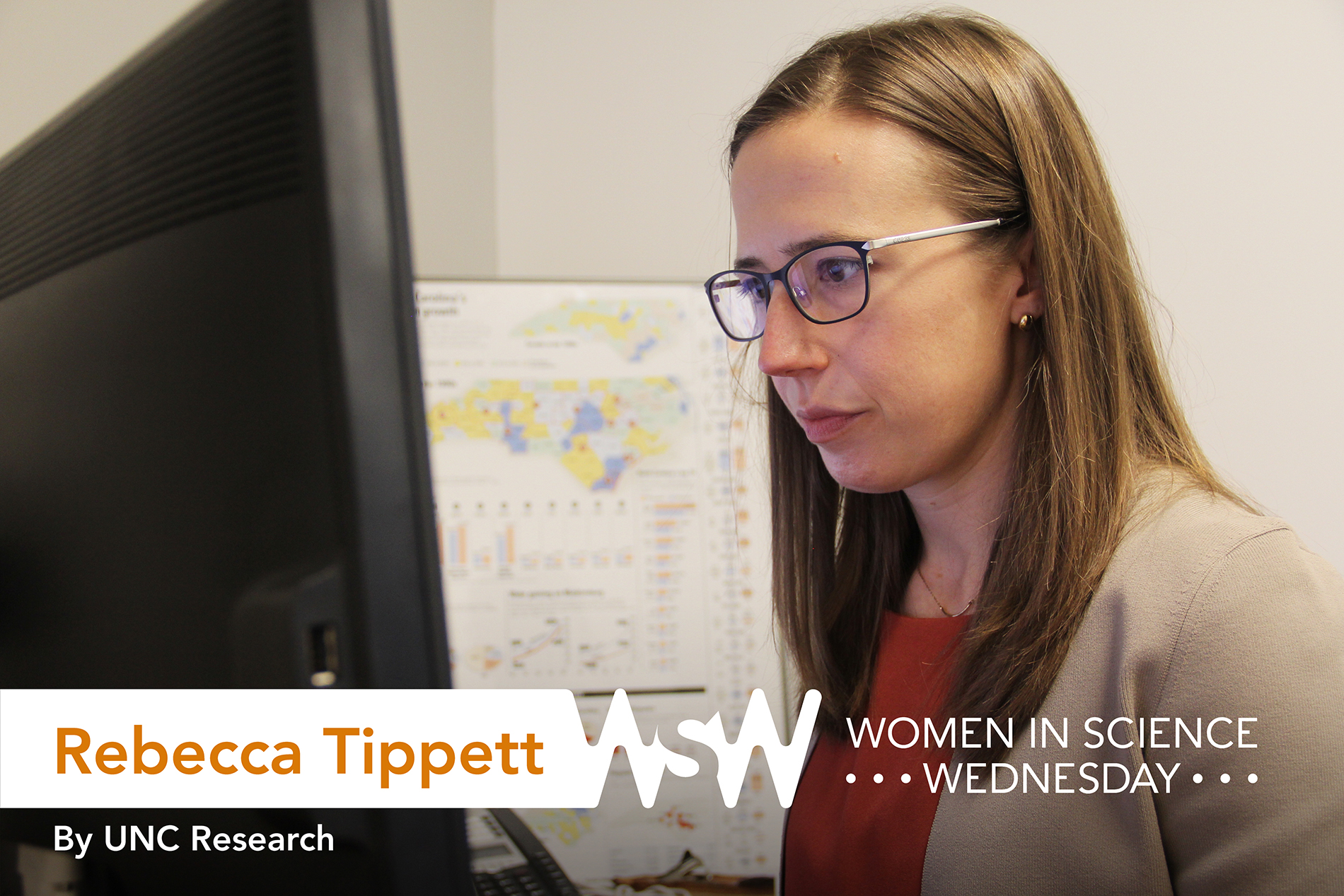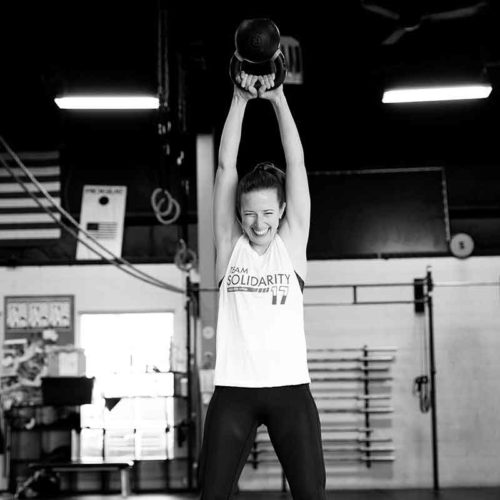When you were a child, what was your response to this question: “What do you want to be when you grow up?”
Everything from truck driver to president.
Research in Five Words:
“Explaining impacts of population change.”
Share the pivotal moment in your life that helped you choose research as a career path.
Entering my senior year of college, I planned to pursue a year-long public service fellowship after graduation, then apply to law school and become a civil rights lawyer. At least, that was the plan. Then, I went to an information session and realized the fellowship would be a terrible fit. My senior thesis adviser encouraged me to apply to doctoral programs in sociology instead. I had no idea what I was getting into, but I liked school and research so figured, why not?
What’s an interesting/funny story from your time doing research?
The first time I attended an academic conference was the week before my graduate school orientation. I had the opportunity to present my undergraduate research and was excited to get a taste of what my future life was going to be like. After a few days of trying to attend every possible session, I confided to a mentor that I had concerns graduate school wasn’t the right next step for me. I was finding it hard to stay motivated and engaged in session after session. He laughed and said: “Why do you think we have them in great cities? Give yourself a break.” I took his advice and spent most of the next day enjoying San Francisco!
What advice would you give to up-and-coming female researchers in your field?
First, make time for yourself outside of research. Research can be all-consuming; my friends and I have all struggled with the sense that you always could — or should — be doing more. It’s vital for long-term mental and physical health to make time for non-work activities and hobbies.
Second, know that you have valuable skills and knowledge — and learn how to communicate this. You don’t have to be a professor or working at a university to do research. Research training in sociology has broad applications, but graduate school has, historically, done a poor job of training students how to promote their skills and expertise outside of the academic setting.



